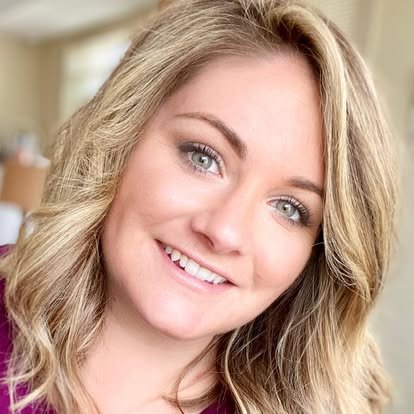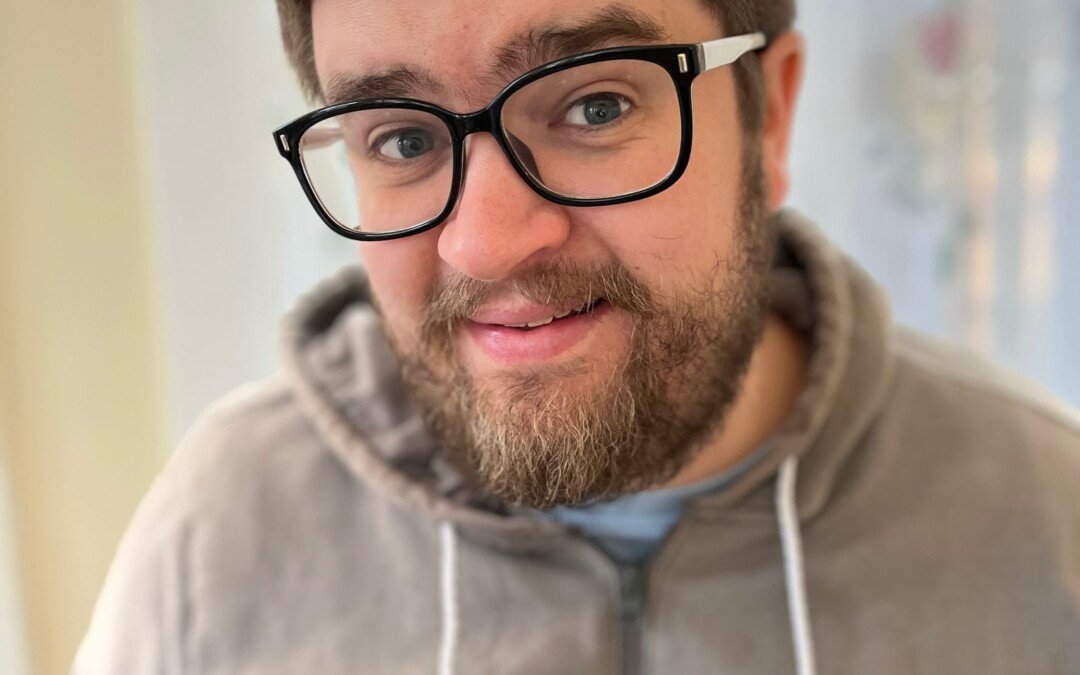Meet Kelsey Wentworth

My name is Kelsey Wentworth, and I have been working at White Horse Recovery since the summer of 2021. I began as a peer support worker in the Resource Center in Ossipee and later became a Certified Recovery Support Worker.
From the beginning, I’ve had a heart for those suffering from addiction. When I first entered this field, I believed that showing tough love and promoting the same path I had taken in recovery would help others. Over time, however, I’ve come to deeply appreciate the power of connecting through active listening, motivational interviewing, and expressing love grounded in my Christian beliefs.
People in addiction often carry heavy burdens of guilt, shame, and remorse—they don’t need me to remind them of that. Instead, I’ve embraced the principle of “first, do no harm,” or nonmaleficence. Through experience, I’ve seen this principle play out in different ways—whether it’s setting boundaries and promoting accountability, or offering hope and faith when others can’t yet see it for themselves.
As someone in recovery myself, I understand the importance of accepting others exactly where they are. White Horse has always fostered a positive and supportive environment that makes this possible.
Over the past four years, I’ve not only progressed in my career but also discovered more about who I am and how I can genuinely help others. I’ve witnessed individuals at their lowest points—often cast aside by society—walk through our doors and be welcomed by staff who truly believe in their potential. Watching them grow into the best versions of themselves has been incredibly rewarding.
Currently, I’m working toward the hours required to become a Licensed Alcohol and Drug Counselor. White Horse has been supportive and flexible in helping me pursue this goal. They’ve also encouraged me to explore my personal interests, such as working with inmates and facilitating groups for both men and women at the Carroll County Department of Corrections.
In a field where compassion fatigue is real, finding areas that bring job satisfaction has helped me feel valued and heard. For that, I am deeply grateful to be part of the team at White Horse.


